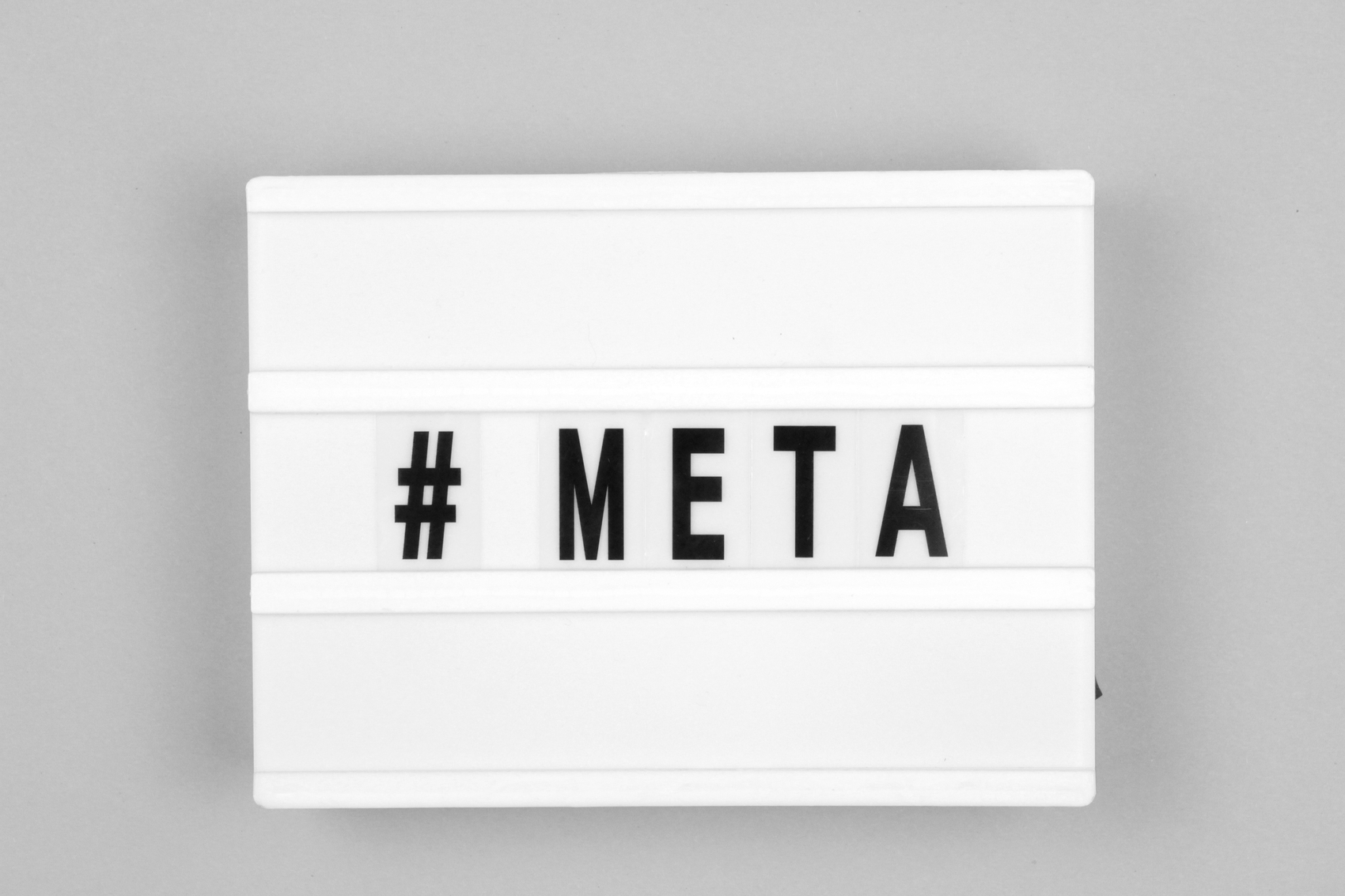Meta Description – Reasons To Use And How To Write?
Meta description defines your page relevance. It is an HTML tag, which is set for a website post or page. It offers a chance to influence the search engine users that the page offers the information they came in search for. On Google’s search result page, the Meta description is visible beneath the title of your page.
Reasons to use Meta description
The aim is straightforward. When seekers come in search with a keyword they type on Google then they are served with organic results including the Meta description. Meta-description allows generating click-through organically from search engines. If you are unfortunate, Google will not display Meta description but as there is a possibility it is always worthy to add it to your web page or post.
Besides, Google does not use Meta description in its indexing algorithm, so there are no direct benefits to your SEO. However, the CTR or click-through rate due to Meta description is the indirect benefit. More people clicking on your link will signal Google about your credibility and your ranking will ascend. Therefore, Meta description optimization is crucial along with titles.
What is considered a great Meta description?
Keep it concise
There is no standard rule for the right length, but it depends on your message. Take sufficient space to transfer your message across but in a short way. You will find that generally, the snippets hold 120 – 156 characters, so stay in between.
Use an active voice that influences
Ensure that the description you write is not dull, too cryptic, or hard to understand. People reading must know what they can find on your web page or post. Write a description in active voice and is motivating as it addresses users’ pain points. Users know what they will get if they clicked on that link.
Include CTA [Call-to-action]
A meta description is a sales pitch in writing. You are trying to sell a page linked rather than a product. Use phrases like try for free, learn more, and get it now, these work!
Use targeted keywords
If the Meta description includes the targeted keyword then Google will use it as well as highlight it in search results. Your website links are too inviting. Sometimes, Google even highlights synonyms, which makes them more prominent.
If possible show specifications
For tech-savvy users, focus on technical aspects. E.g. include SKU, manufacturer, price, and more. If the seeker is precisely searching that product, you will not need to convince them.
Ensure description matches page content
Google bots are smart and will identify if you are using Meta description as a hoax to receive clicks. You may even get penalized. Misleading descriptions can even lead to a bounce rate increase that lowers business integrity. Therefore, make sure that the page content is relevant to the Meta description and vice versa.
Create a unique Meta description
If the Meta description of every page is the same then user experience is hindered. The page title will differ but with the same description, every page will appear similar. Write unique Meta descriptions making each page appear exclusive and will rank well on search engines.
